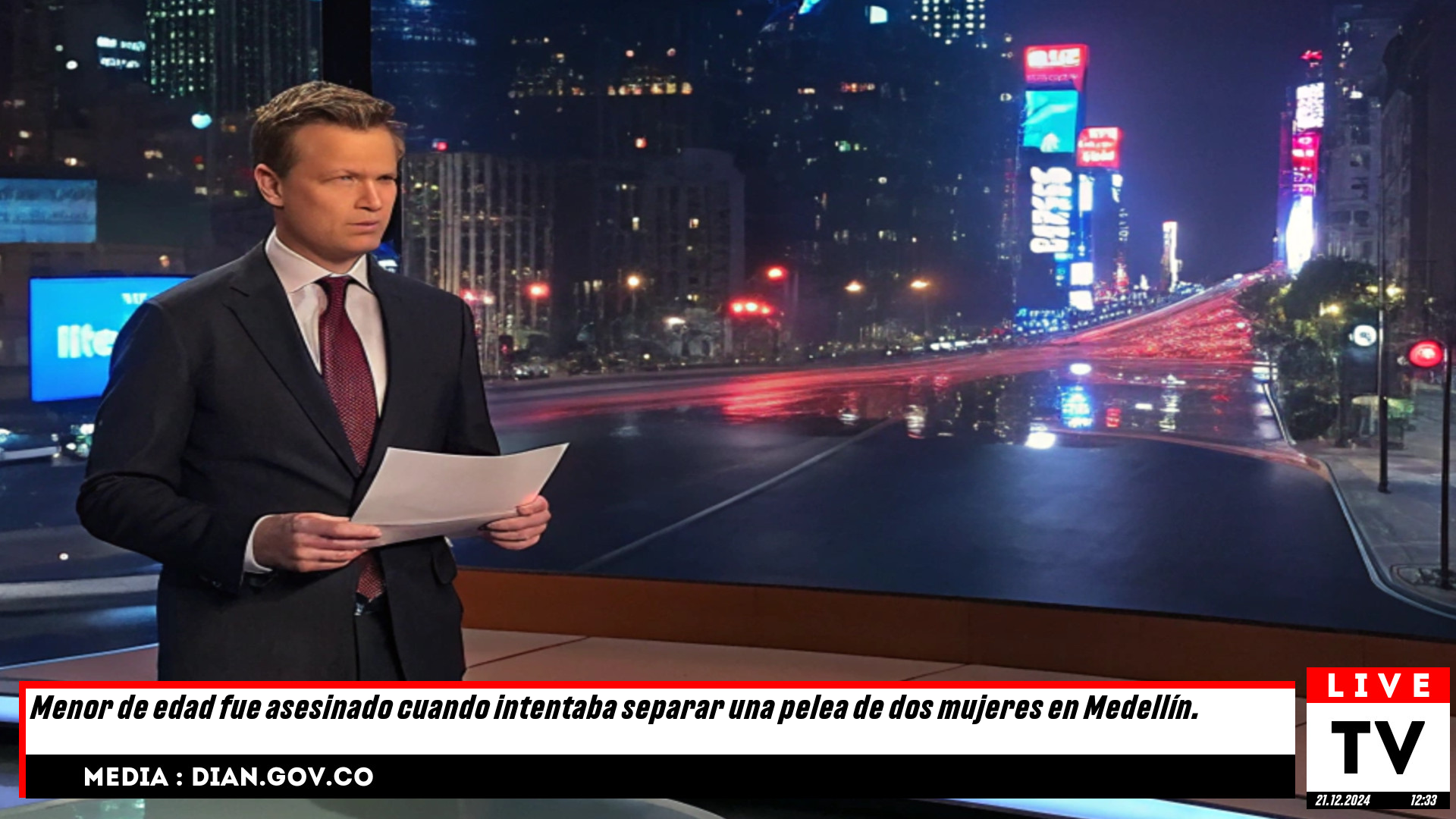"Detrás del Telón: Los Secretos y Susurros en la Elección del Nuevo Papa del Vaticano"
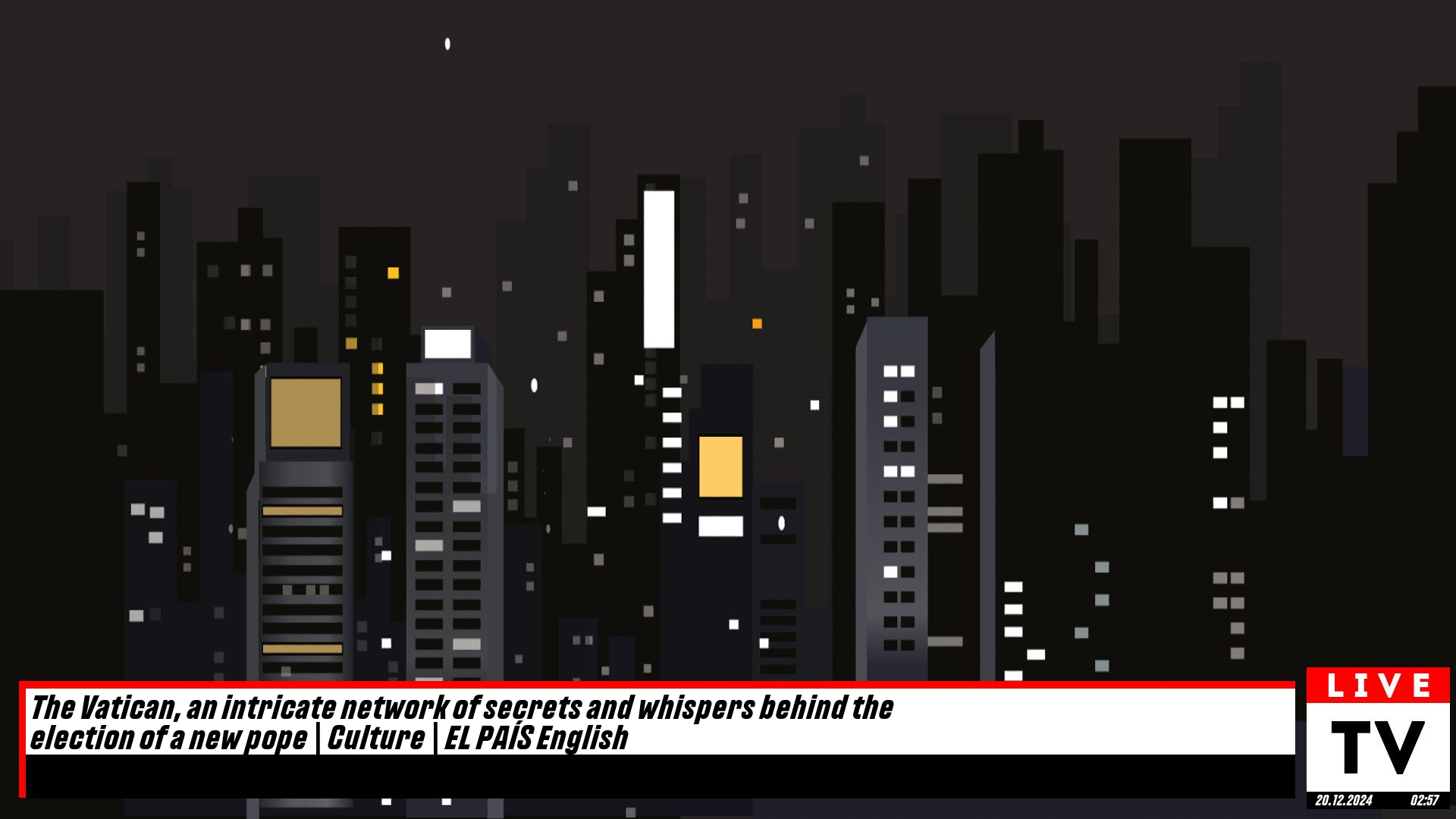
Un grupo de hombres decidiendo quién heredará el poder, mientras las mujeres les sirven. Una reunión que ha sido una constante desde que los seres humanos pisaron por primera vez la Tierra. En algunas corporaciones, poco ha cambiado, y aún menos en el ámbito del poder espiritual. Lo mismo ocurre con la poderosa institución que más intensamente fusiona la política y la espiritualidad, el poder y la religión: la Iglesia Católica, que, a su vez, refleja de manera cruda el patriarcado.
Sitting over coffee, German filmmaker Edward Berger, 54, smiles and responds: “The Church represents the oldest patriarchy in the world. Of course, if it wants to have a future, it will have to change.” Berger reflects on the issue ahead of the premiere of Conclave, an adaptation of one of Robert Harris’s bestsellers, which, as the title suggests, portrays the gathering of cardinals who will choose the new pope.
This seclusion began in the 13th century, when the people of Viterbo, 52 miles north of Rome, grew weary of the cardinals’ two-year-long deliberations, which had failed to produce a new pontiff. In frustration, they removed the roof of the palace, hoping the Holy Spirit would descend on them (or, more practically, that the bad weather would force them to act). It took another year, and two cardinals died before a pope was finally elected.
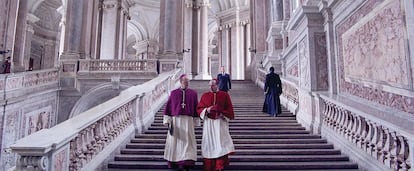
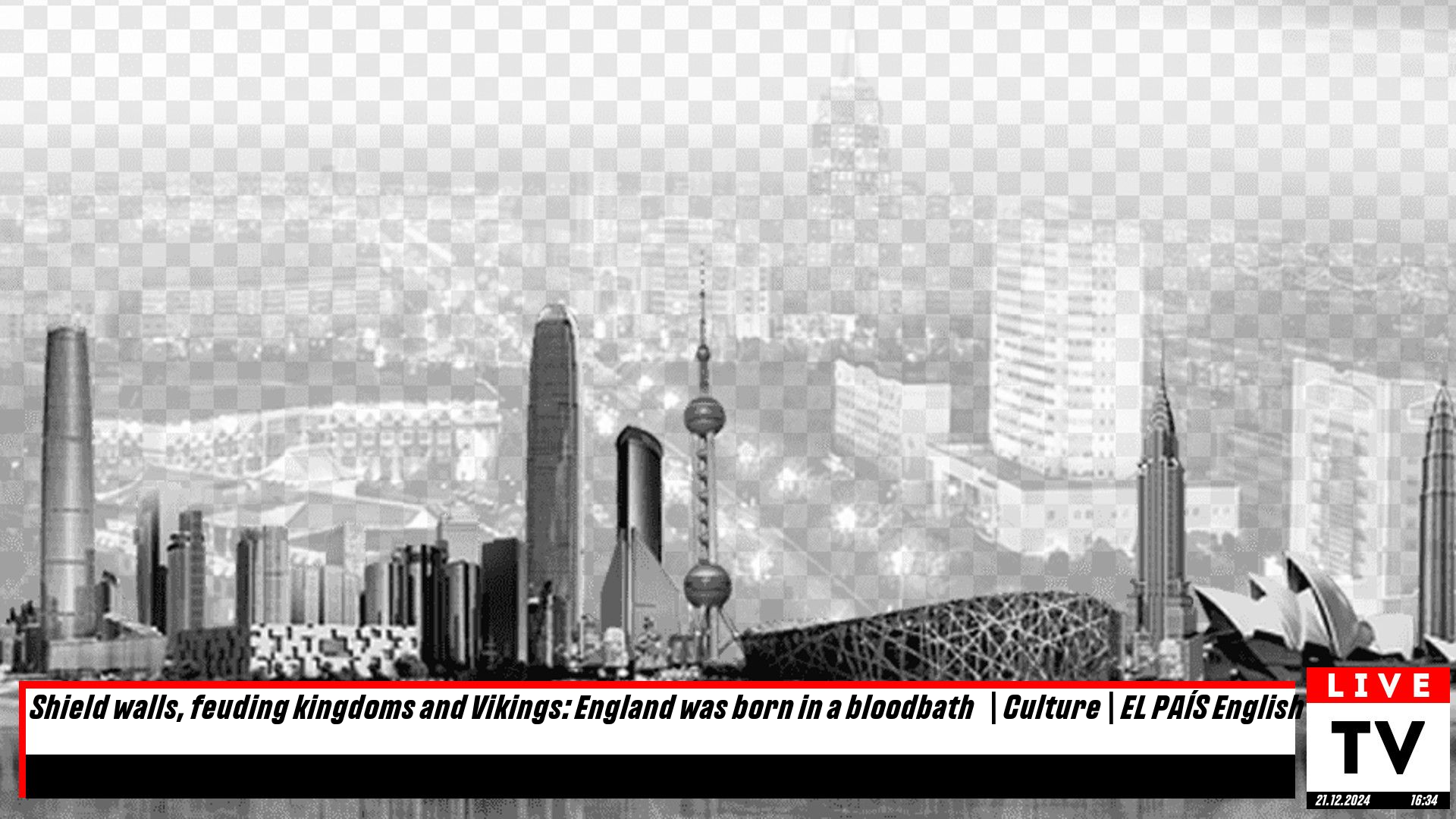
"Guerreros, reinos en conflicto y vikingos: Así se forjó Inglaterra en una era de violencia" | Cultura | EL PAÍS English
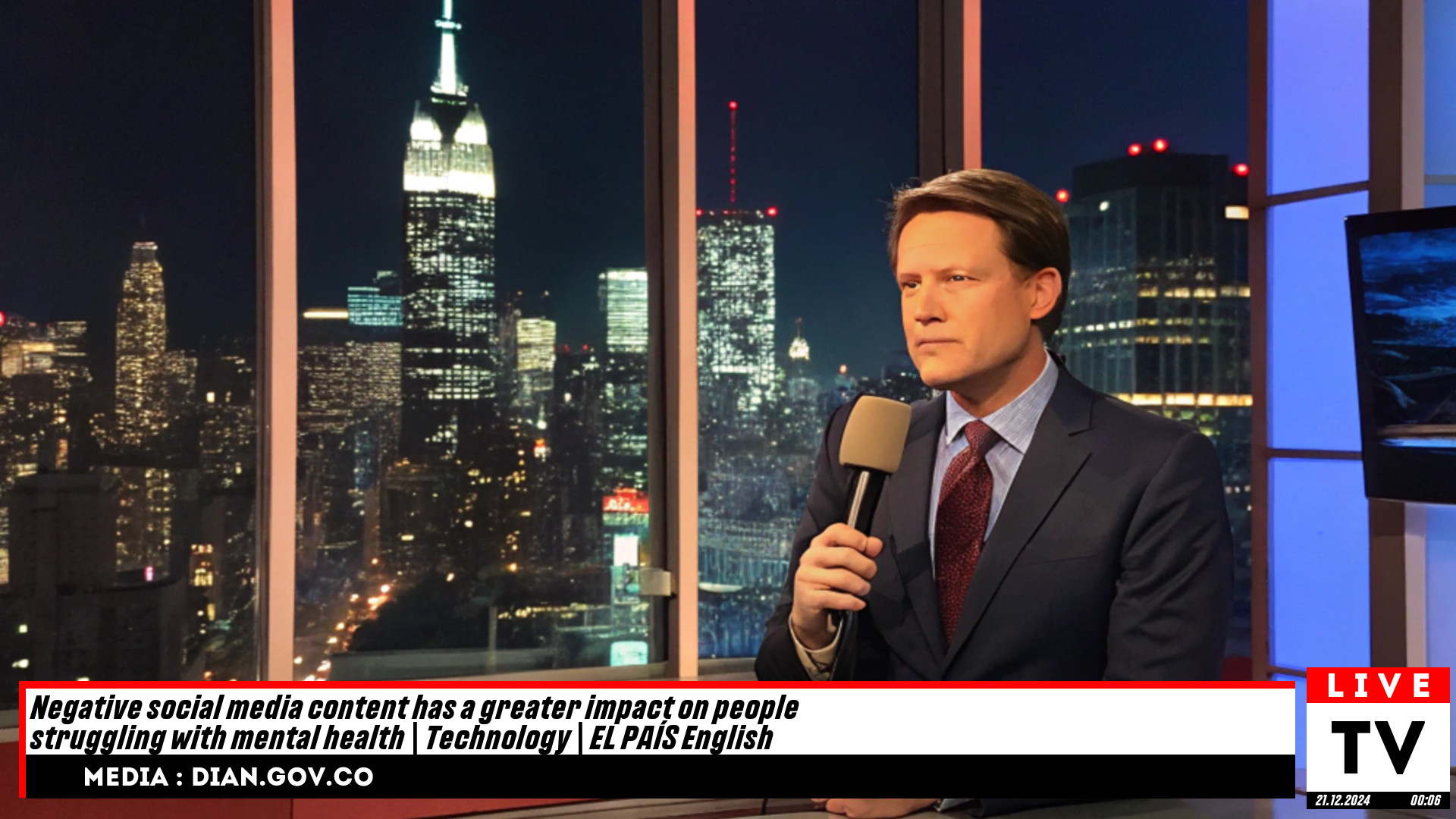
El contenido negativo en redes sociales afecta más a quienes lidian con problemas de salud mental, advierte un estudio.
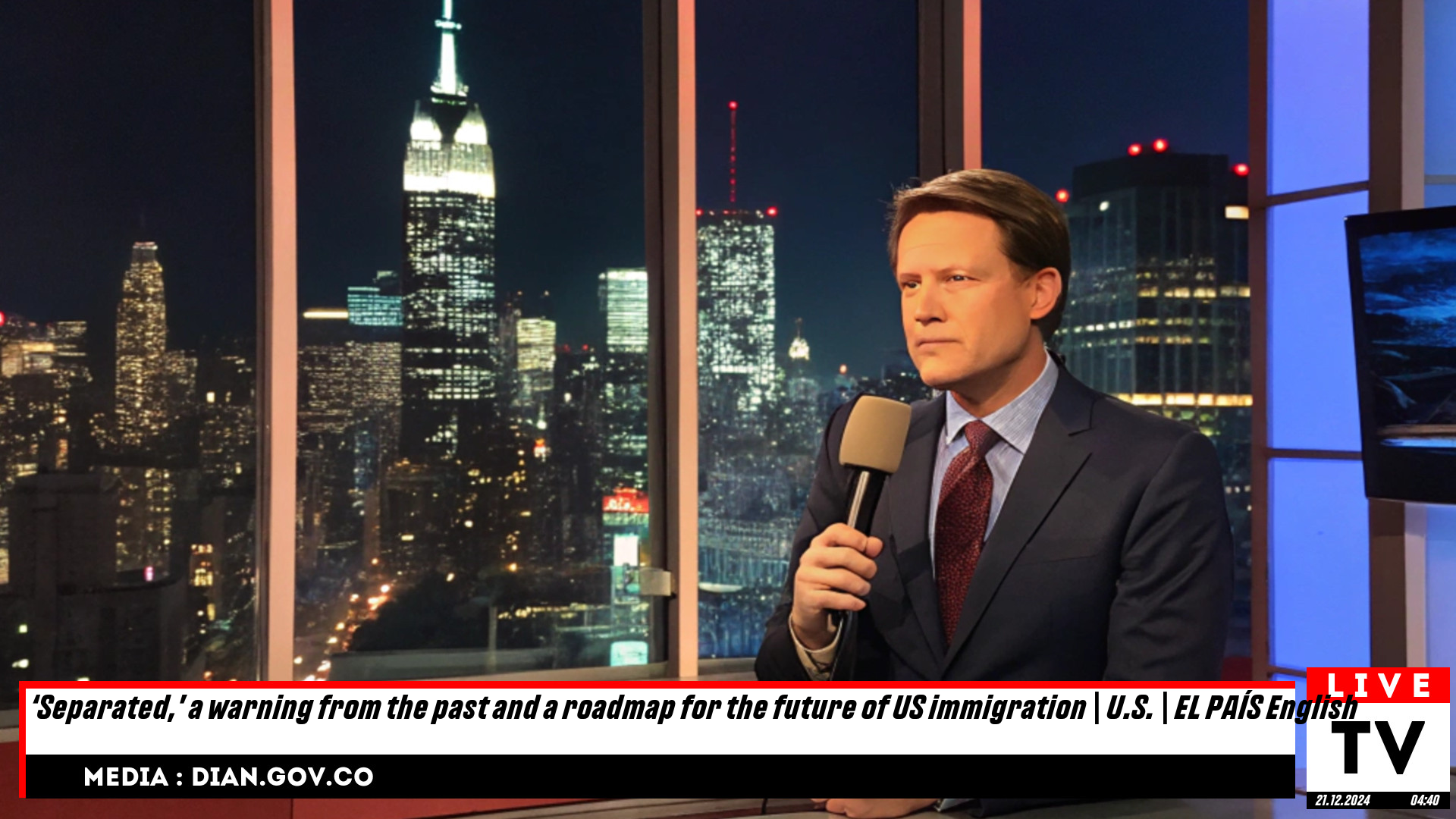
"‘Separated’: Lecciones del Pasado y Claves para el Futuro de la Inmigración en EE. UU."
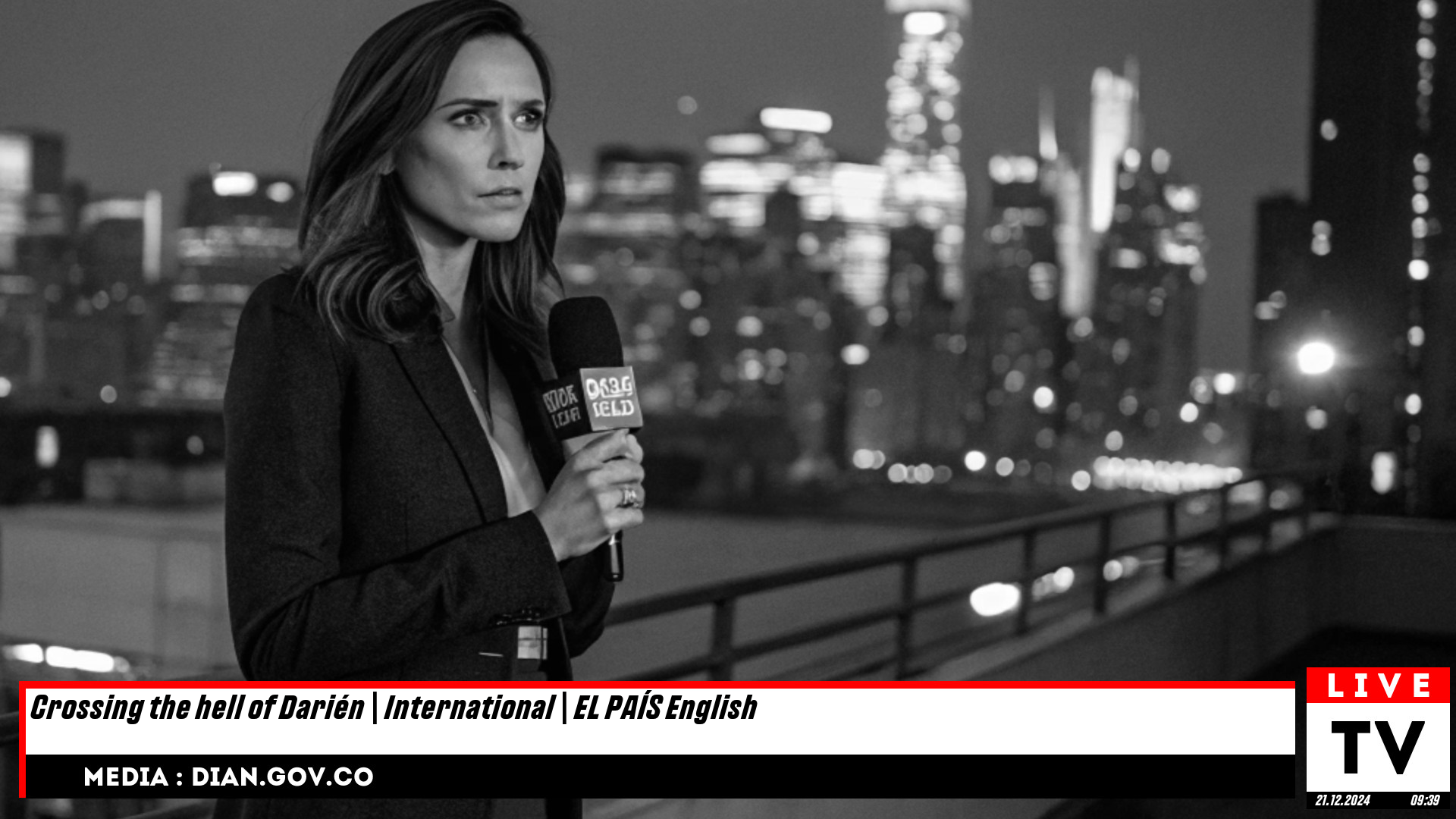
"Surviving the Darién Gap: A Harrowing Journey Through One of the World's Most Dangerous Regions"
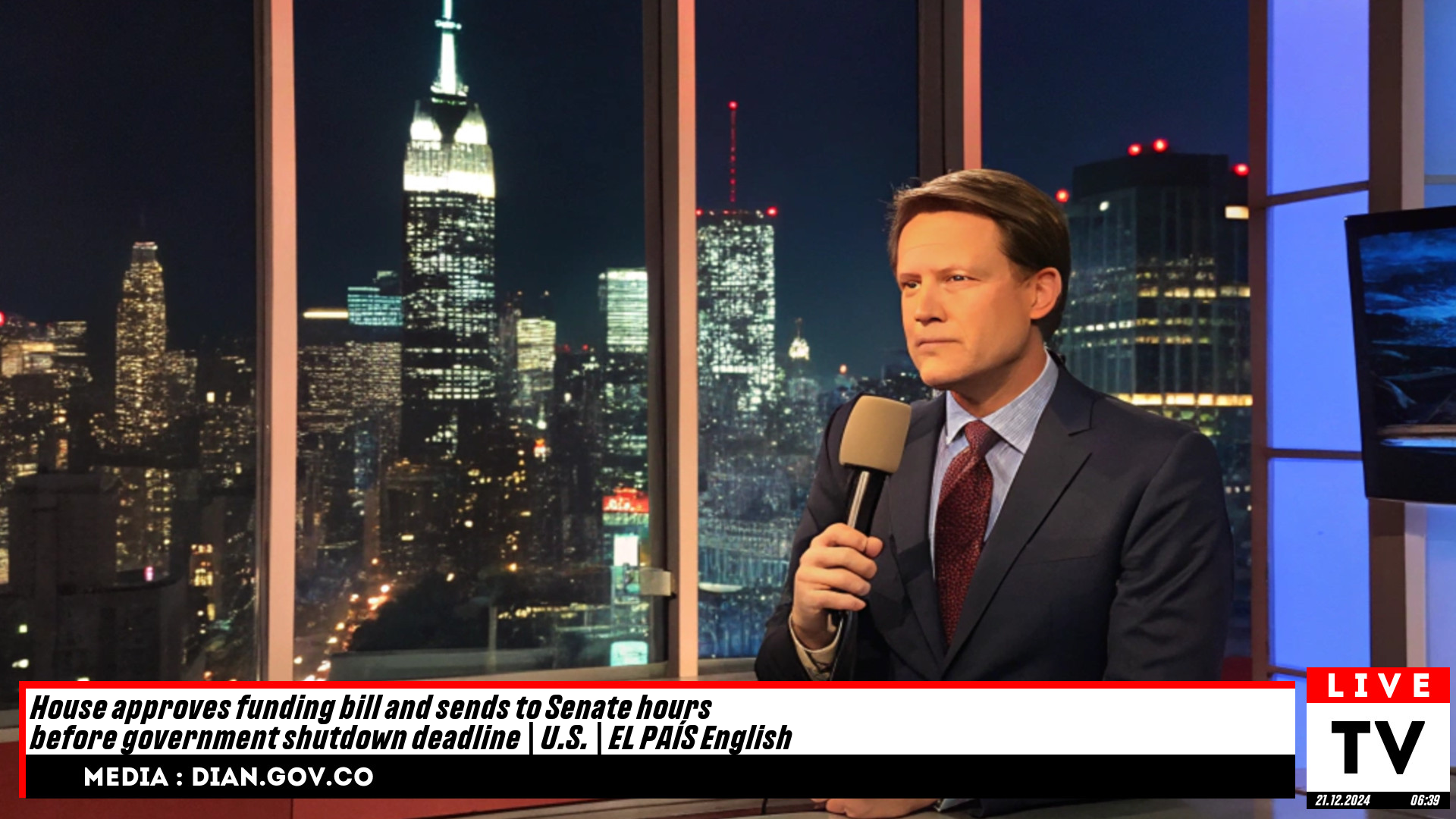
Última hora: Cámara de Representantes aprueba ley de financiamiento y la envía al Senado justo antes de la fecha límite para evitar el cierre del gobierno.
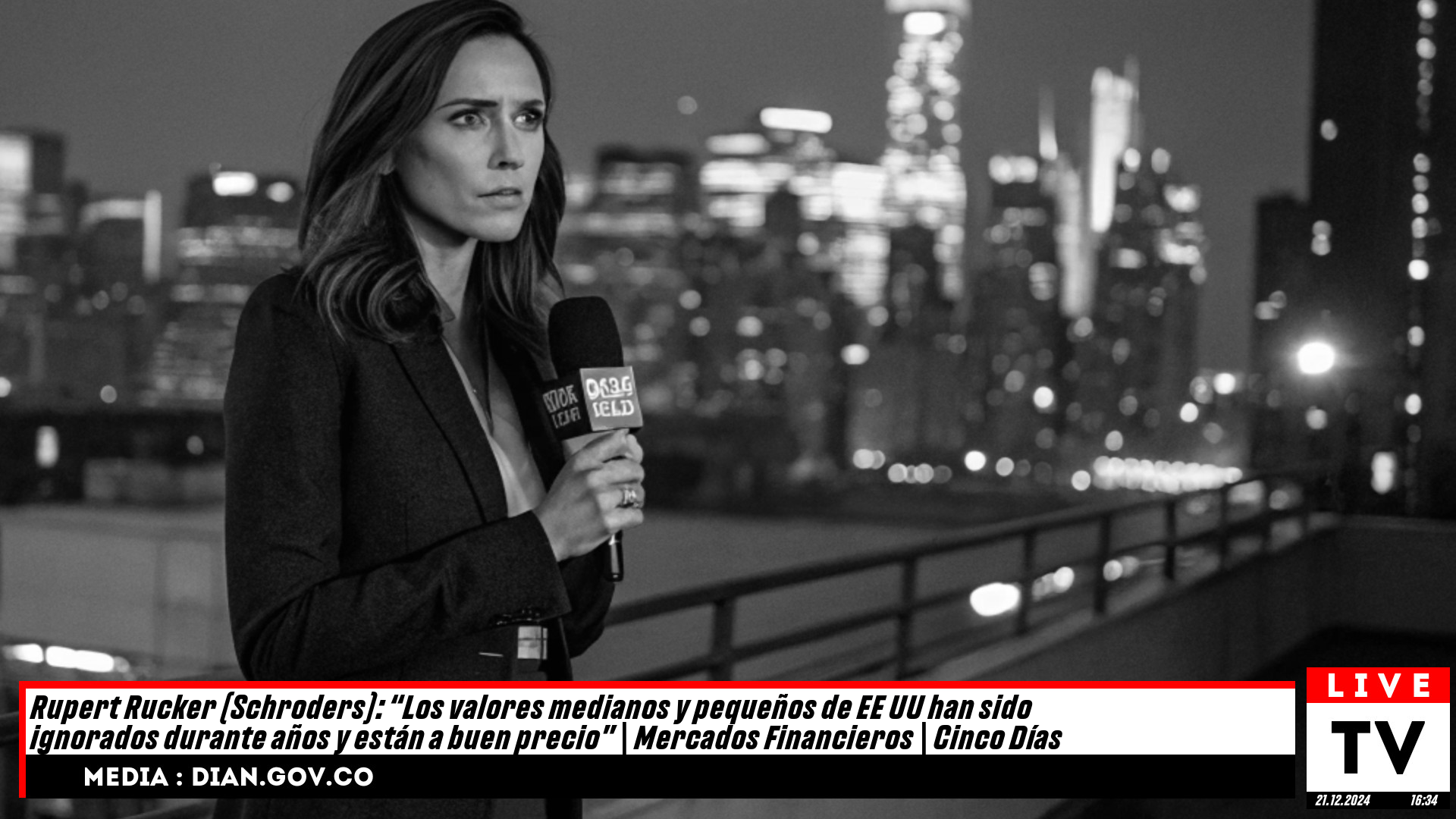
"Rupert Rucker (Schroders) afirma: 'Los activos medianos y pequeños de EE UU, olvidados por años, presentan oportunidades atractivas'" | Mercados Financieros | Cinco Días
